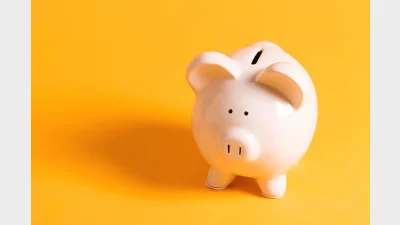Best times over: Keating
Investors have probably seen the best of times, with the global economy heading for a long period of slow growth, according to former Prime Minister Paul Keating.
Keating said the current economic cycle was part of a much longer economic wave that could last 25 years or more.
“Economic waves are driven by different things,” he told a Super Ratings conference in Melbourne.
“At the turn of the last century, electricity drove an economic wave that lasted until 1929.
“The post Second World War wave was driven by consumption and ran until the 1960s.”
Keating said the current economic wave started in about 1992 and was driven by the digital age.
“The main driver was the infrastructure needed for telecoms and that lasted until the fall of the NASDAQ in 2001,” he said.
Within each wave there were cycles that delivered a boom time, recession, depression and a recovery.
Keating said this economic wave had produced two cycles so far and we were about to enter the recession phase.
“We have seen the innovation and technology in this wave mature,” he said.
“This has been the growth cycles, now we are entering the recessional cycle.
“So for the next seven or eight years we will see stock markets go sideways, which is what happened between 1966 and 1982.”
He said the next cycle would see companies delivering single digit price\earnings.
“This gives us some idea of how things will play out.”
Keating said the great winner in the last economic wave was Japan, and China would be the winner in the next wave.
“Japan had its time from 1962 to 1992, when it grew on average 8.5 per cent every year,” he said.
“China will do all of that, sometimes delivering higher growth and sometimes lower.”
BT chief economist Chris Caton, speaking at the same conference, said China would possibly stop Australia slipping into recession.
Australian growth is forecast at 2.1 per cent next year, but he warns we haven’t had a recession for 17 years.
“The chance of Australia going into recession has stepped up and if the unemployment rate hits 6 per cent, then we will be in trouble,” Caton said.
“The best outcome for Australia will be a period of slow growth for a number of years.”
Economic growth for China next year is forecast at 8.8 per cent, but the impact of the US and most of Europe being in recession has not been factored in.
Caton argued the US has been in recession for most of this year and said the belief a country has to have two negative quarters before it is in recession is wrong.
“Falling housing statistics, negative employment growth and other negative factors means the US has been in recession for about seven months now,” Caton said.
Recommended for you
CPA Australia is pressing the federal government to impose stricter rules on the naming and marketing of managed investment and superannuation products that claim to be “sustainable”, “ethical”, or “responsible”, warning that vague or untested claims are leaving investors exposed.
The shadow financial services minister has confirmed Labor’s retreat from the proposed $3 million super tax, describing the legislation as flawed.
Australia’s superannuation industry has reported over $2.6 trillion in total assets as at June 2025, with MySuper and Choice products showing market dominance.
Australian super funds have delivered mixed results in the latest global rankings, with industry funds climbing, while government schemes fell sharply.











